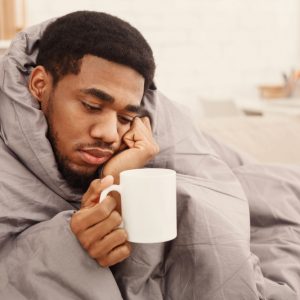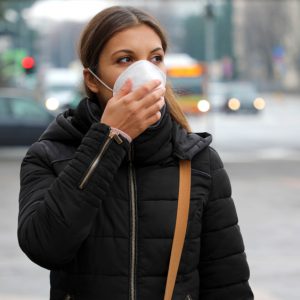The number of cases of COVID-19 is rising steadily across the globe. This is raising a lot of alarm and panic among members of the community. Many areas across the world are under lockdown. People are under confinement and cannot go anywhere except for grocery shopping or to seek medical care.
Should you come down with illness resembling COVID-19, it is understandable to worry. Your doctor might ask you to stay home and self-isolate. Don’t worry, here we tell you all you need to know concerning your health amid the outbreak.
The Symptoms

Don’t jump to conclusions. If your throat is sore or you have the sniffles, don’t immediately self diagnose yourself with COVID-19. However, according to experts, there’s no reason to worry. Symptoms of the COVID-19 condition are certainly fever, cough, shortness of breath, and accompanied by a sore throat or sniffles.
Most people who show positive for the virus don’t appear sick at all and don’t experience any symptoms. The statistics read that 80% of people have minor symptoms and don’t require medical attention. People at the highest risk are the aged and those with underlying medical conditions and compromised immune systems.
Step One
Should you suspect that you have the virus, it is best not to rush to your nearest doctor. You must seek help telephonically first so that you limit the number of people who you come into contact with. Your health department should have a hotline available for you to contact for information and help. If not, call your doctor and discuss your concerns.
If your symptoms are mild, your doctor could advise you on how to take care of yourself to recover without even consulting with you. By doing this, you could save others from catching the infection. This is more so about the groups vulnerable to the virus and the disease. Not everyone has to get a test, so get guidance from a professional on what to do.
Step Two

Of course, if your symptoms are mild, then you will have to stay in self-isolation. You will have to follow your doctor’s medication advice. In urgent cases or severe cases, they will rush you to the emergency services or admit you into a hospital.
If you are under self-isolation due to medical advice, you should get someone to pick everything from your medication to groceries, if possible. This is so that you do not spread the virus to others. Do not make physical contact with the person who brings your medication. Should you require any groceries or household supplies, you should, as somebody else help you out and deliver the goods. Make sure to cover your mouth when you are around anyone. This will make sure you do not catch the infection even if you are near someone who is COVID-19 positive. It is best to observe social distancing of 2 meters.
Step Three
Ensure that you also have a supply of disinfectant or household detergent to clean all the surfaces in your home. Keep your house clean so that if people enter your home or if you require help from somebody, your home is clear of the virus. This goes for clothing and bedding as well, which you must be as regularly as possible, or at least hung in the sun to rid of the virus.
Contact anybody you have been in contact with before your symptoms. If you got a test done, and the results as positive, disclose your result to them. This way, they can limit their contact with others until they are sure they are not carrying the infection. The incubation period of the virus is around 14 days. This means those who have been in contact with the infected people for long or at a distance less than six feet are under observation for 14 days.

There is still plenty to know about the novel coronavirus that led to the outbreak. Companies are working towards developing vaccines and drugs for treating the virus. Research is also underway to mutate the virus.
There’s a lot of learning going on, and it is essential that everyone is informed and does not panic. Mass hysteria will only worsen the situation at hand. So remain calm, and do whatever you can to keep those around you safe should you fall ill.





